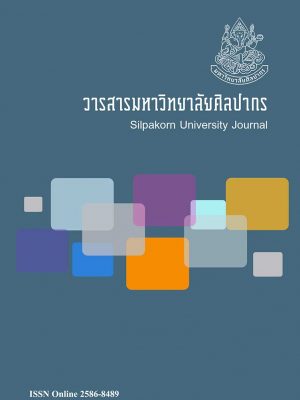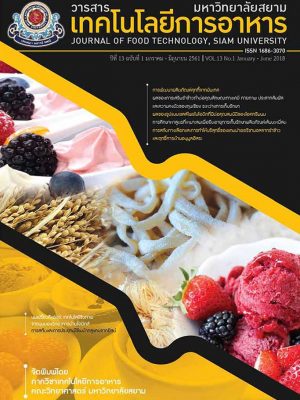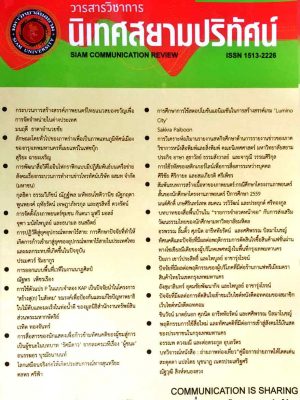วิทยาลัยนานาชาติ มหาวิทยาลัยสยาม
สาขาวิชาการบริหารโรงแรมและการท่องเที่ยว (หลักสูตรนานาชาติ)
อาคาร 19 ชั้น 6 ห้อง 605 เลขที่ 38 ถนนเพชรเกษม เขตภาษีเจริญ กรุงเทพฯ 10160
38 Petchkasem Road Phasi Chareon District Bangkok 10160, Thailand.
Tel. 02457-0068 Ext. 5304
Fax. 02868-4358
E-mail : ihtm2@siam.edu
Website : https://www.inter.siam.edu/






